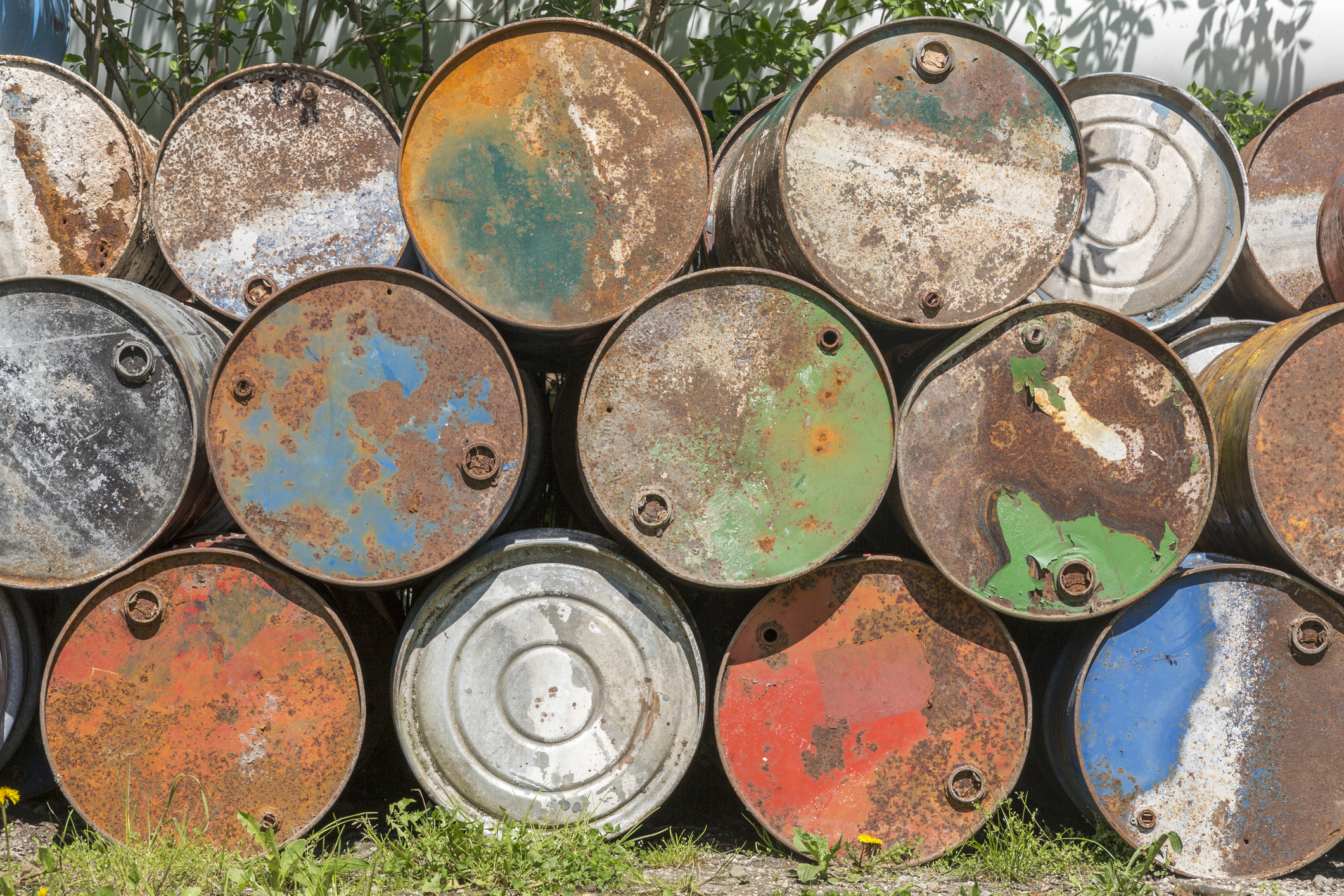It should go without saying. You should not build a city on one of America’s worst toxic dump sites and most notorious Superfund site. But, New Jersey Governor Phil Murphy is trying to cut a deal to have that happen, setting aside 225 acres of land for houses, businesses, schools, and parks at the Ciba-Geigy Superfund site.
For years, Toms River, a picturesque township in New Jersey, appeared to be the epitome of suburban bliss. However, beneath this facade of tranquility lay a decades-long environmental scandal involving Ciba-Geigy, a Swiss chemical company, and a statistically alarming cluster of childhood cancer cases. The story serves as a potent cautionary tale about the intricate relationship between industry, the environment, and public health.
Ciba-Geigy established its Toms River facility in the 1950s, where it produced dyes and resins for plastics, among other chemicals. For years, the plant was a cornerstone of the local economy, providing jobs and contributing to the growth of the town. However, what initially seemed like a boon quickly revealed a darker side.
In the 1980s and 1990s, an unusual number of childhood cancer cases were reported in Toms River. While cancer clusters are notoriously hard to prove and can sometimes result from pure chance, this spike triggered concern. Investigations were initiated, scrutinizing various potential factors. Attention soon turned to Ciba-Geigy’s plant and its waste disposal practices.
Investigations revealed that Ciba-Geigy had been improperly disposing of toxic waste for decades. Numerous harmful chemicals had leached into the soil and groundwater, contaminating the local environment. While it took years to establish any direct link between the pollution and the cancer cases, the damage to the public trust was irreversible.
Ciba-Geigy faced multiple lawsuits, both from the government and from individuals affected by the pollution. The company was eventually held accountable for the environmental damage and was required to undertake a long-term cleanup effort. Regulatory agencies also tightened restrictions on chemical waste disposal as a direct consequence of the incident.
Beyond the environmental remediation, the incident had a profound impact on the Toms River community. It heightened awareness of the potential risks associated with living near industrial facilities and led to increased community activism. Moreover, it inspired changes in regulatory oversight at both state and national levels to prevent similar incidents in the future.
The tale of Ciba-Geigy and the Toms River cancer cluster serves as a sobering reminder of the social and environmental costs that can accompany industrial progress. While the chemical plant has long since ceased operations and cleanup efforts have been largely successful, the legacy of the incident lingers as a cautionary tale about the need for rigorous environmental oversight and corporate accountability.
The story remains an important case study for environmental scientists, policy-makers, and activists striving to ensure that such tragedies are not repeated. Through a sad chapter in the history of Toms River, we can all learn valuable lessons about the importance of vigilance in environmental matters for the sake of current and future generations.
The story however is not over as Phil Murphy tries to write a new chapter in a book Toms River wants to close forever.
